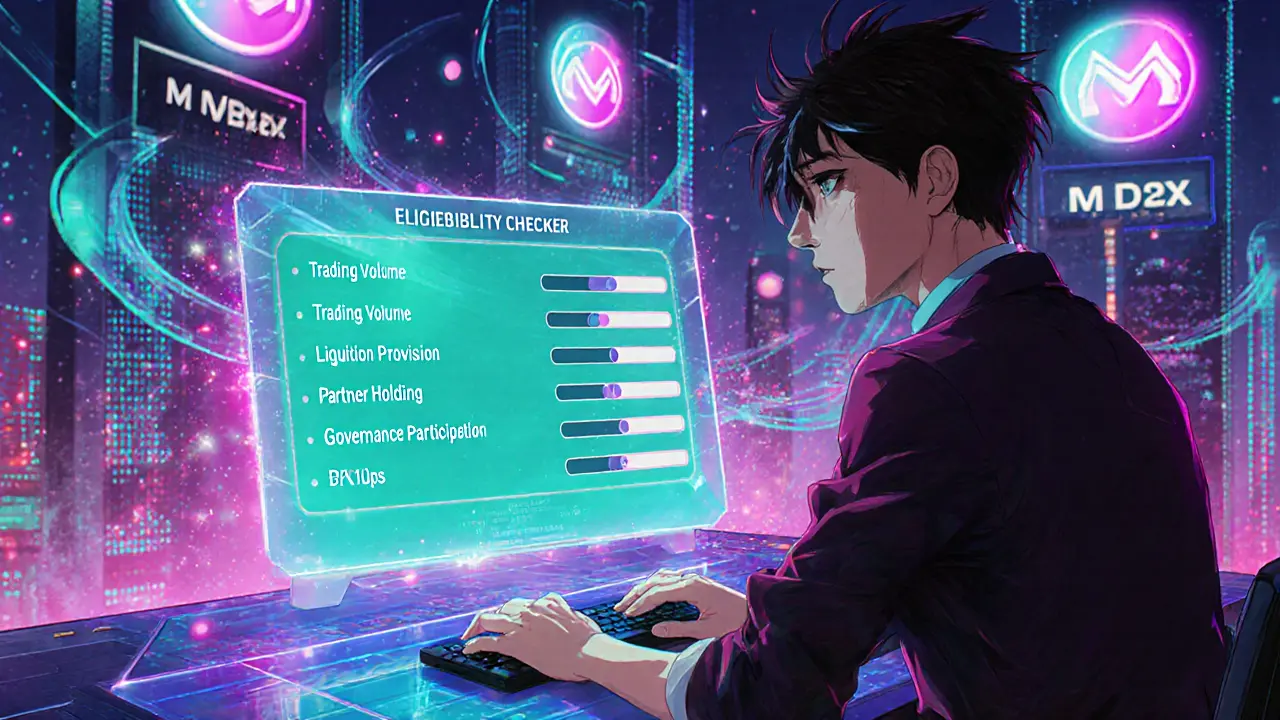

When working with MDex Token, a utility and governance token that powers the MDex decentralized exchange platform. Also known as MDX, it fuels trades, rewards liquidity providers, and lets holders vote on protocol upgrades. MDex Token has become a useful entry point for anyone looking to trade on a DEX without relying on centralized services.
The Decentralized Exchange, a peer‑to‑peer trading venue that runs on smart contracts is the core environment where MDex Token lives. This DEX requires Liquidity Pools, reservoirs of paired assets that enable instant swaps to function smoothly. MDex Token acts as an incentive, rewarding users who lock their assets into these pools. At the same time, the Tokenomics, the supply rules and distribution model for a crypto token of MDex defines a capped supply, a community treasury, and a vesting schedule for team tokens. These three entities form a loop: the DEX needs liquidity pools, pools need MDex Token incentives, and the tokenomics shape how much incentive is available. Together they create a self‑reinforcing ecosystem that lowers trading fees and boosts user participation.
Beyond the core mechanics, MDex Token often appears in Airdrop, a free token distribution event designed to boost community growth campaigns. Airdrops give early adopters a taste of the token’s utility while expanding the user base for the DEX. Understanding how an airdrop works—eligibility criteria, claim process, and tax considerations—helps you decide if it’s worth pursuing. Whether you’re a trader hunting lower fees, a liquidity provider seeking rewards, or a community member excited about governance, the MDex Token landscape offers practical tools. Below you’ll find articles that break down each aspect in detail, from step‑by‑step guides on adding liquidity to analyses of MDex’s tokenomics and the latest airdrop opportunities.

Learn what you need to know about a possible MDX airdrop, how to stay updated, eligibility tips, and safety measures for Mdex token giveaways.